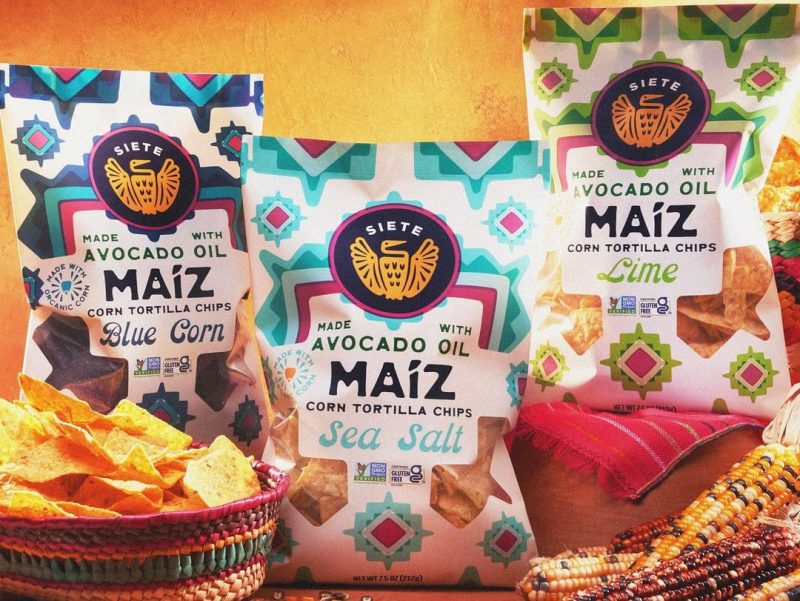PepsiCo, the food and beverage giant, has bolstered its healthier snack offerings with a significant new addition: Siete Foods, a family-owned, Texas-based company that specializes in grain-free tortilla chips. The deal, announced recently, is valued at $1.2 billion.
This move accords with PepsiCo’s strategic vision towards expanding their portfolio with brands that align with the growing consumer affinity for health-conscious snacks. The acquisition of Siete Foods certainly falls under this category as the company is known for its unique tortilla chips, which are not only grain-free but also gluten-free, vegan, and paleo-certified.
Siete Foods began as a health-related venture by the Garza family members. After Veronica Garza was diagnosed with a severe autoimmune condition, the family rallied together to help her through a transition towards a low-inflammation, grain-free diet. Their personal quest for healthier food alternatives led them to start Siete. The company’s name, which means seven in Spanish, celebrated the seven members of the Garza family who began the journey.
Since it was founded in 2014, Siete Foods quickly rose to prominence, carving its path in the better-for-you snack space with offerings including grain-free tortilla chips, taco shells, enchilada sauces, hot sauces, and grain-free tortillas. Many of these products are made from almond flour, cassava flour, chickpea flour, and other alternative bases.
The Siete purchase will further diversify PepsiCo’s product line-up. PepsiCo has long been known to make strategic acquisitions to rejuvenate its product portfolio to align with shifting consumer tastes. In recent years, PepsiCo has made several acquisitions with a health-focused orientation. That includes the purchase of SodaStream, a sparkling water brand, for $3.2 billion and Bare Foods, a maker of baked fruit and vegetable snacks.
With this acquisition, Siete Foods will benefit from PepsiCo’s global scale, marketing muscle, and distribution network, which will likely accelerate the brand’s growth. On the other hand, PepsiCo gains a promising brand with a robust innovation pipeline.
Given the rise in consumer demand for healthy snacking options that do not compromise on taste, PepsiCo’s acquisition of Siete perfectly aligns with this trend. This healthy snacking trend has been accelerated by the COVID-19 pandemic, pushing food and beverage companies to revisit their product portfolio and channel more investments into healthier offerings.
However, even while Pepsi continues to diversify its portfolio and move into healthier areas of the market, the staple products like Pepsi-Cola and Lay’s potato chips still hold considerable weight within the company and continue to be significant contributors to the bottom-line.
Despite the challenges brought about by the pandemic, PepsiCo has continued to show its commitment to evolving with the changing food landscape. The acquisition of Siete Foods only seeks to solidify PepsiCo’s position within the growing health-conscious consumer market sector. It remains to be seen how this bold move will influence PepsiCo’s overall performance in the coming years.
By leveraging the potential of Siete Foods and combining it with its global reach, PepsiCo holds a promising future in its hands. As the world leans more towards health and wellness, the food industry will continue to pivot and modify their product portfolios, with PepsiCo firmly leading the way.




